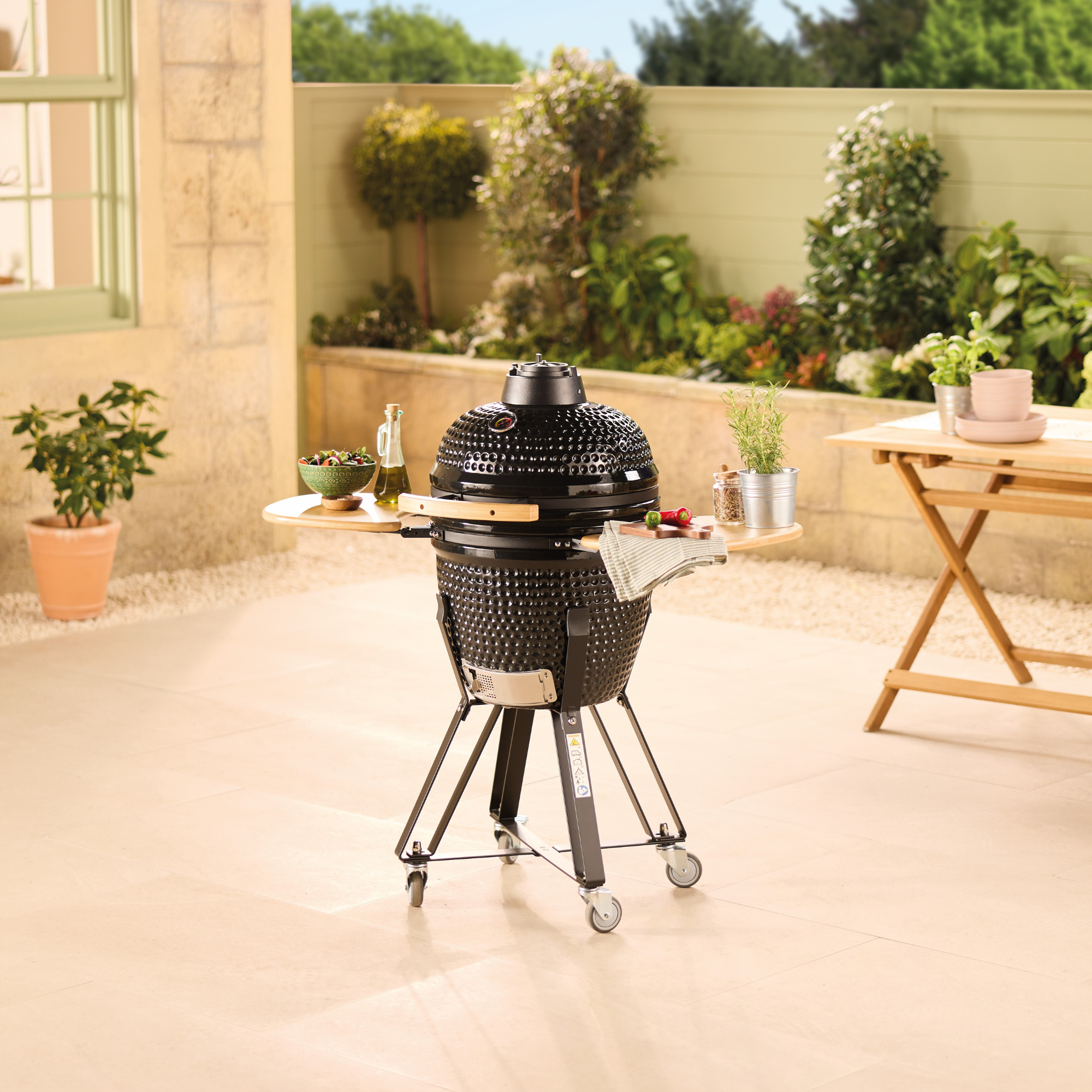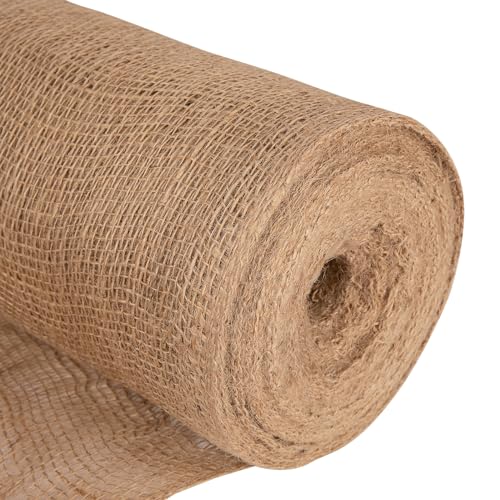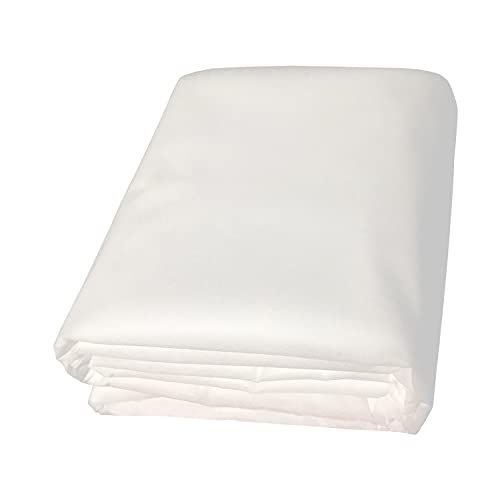How to overwinter fuchsias – even tender varieties can survive the colder months with the right know-how
Here's your guide to overwintering fuchsias


Fuchsia is one of my favourite flowering shrubs. To me, the dainty pendant-shaped blooms resemble fairies. But with the colder weather on the way, it's a good idea to learn how to overwinter fuchsias to help them survive until the next growing season.
But what is overwintering, exactly? And do you need to overwinter every type of fuchsia?
Well, fuchsias fall into one of several categories: hardy, half-hardy and tender. While hardy types can generally withstand lower temperatures, you'll definitely want to protect potted half-hardy and tender varieties by moving them inside before the first frost if you want them to survive the winter months.
Providing hardy plants with a little frost protection won't hurt, either – especially if you're in a frost pocket.
If you finally learned how to prune fuchsias this year, don't let your efforts go to waste just because the summer is behind us – here's how to overwinter fuchsias to help them survive the colder months.

When to overwinter fuchsias
First of all, you'll need to work out the best time to overwinter fuchsias. You can start preparing them for winter from the end of September, but as long as you do so before the first frosts arrive, your plants should be safe.
'We recommend overwintering your fuchsias before the first frost hits, which normally happens in late autumn when nighttime temperatures start to fall below 10°C,' says Josh Novell, gardening expert at Polhill Garden Centre. 'It is important to get them settled into their winter spot before freezing temperatures can start to cause damage.'
Josh has over six years' worth of experience in the outdoor gardening and living industry, helping customers at Polhill Garden Centre select the perfect products or right solution for their gardening needs.

How to overwinter fuchsias
If you're wondering how to overwinter fuchsias in pots, the best option is to move them under cover before the first frosts arrive.
'Half-hardy and tender potted fuchsias can be brought into a greenhouse, cold frame, conservatory, bright shed or garage to overwinter,' says Morris Hankinson, founder of Hopes Grove Nurseries.
Although potted fuchsias need less watering during the winter months – just make sure the soil doesn't completely dry out – there are other ways you can give them a little TLC before overwintering.
'Trimming your fuchsias before winter will help them to conserve energy,' explains Josh from Polhill Garden Centre. 'Cut them back by between one-third and one-half, making sure to remove any weak or scraggly branches. Avoid pruning all the way down to the base, though, as that can put stress on the plant.'

Penrhyn Castle and Gardens' Fuchsia Arch wrapped in hessian frost protection
But what about ground-planted or trained fuchsia plants that can't be moved inside? Luckily, there are other ways to protect them from the frosts.
The National Trust's Penrhyn Castle and Garden in Gwynedd, Wales, is home to an 80-metre Fuchsia Arch. Planted with Fuchsia magellanica ‘Riccartonii’, it blooms from June to August, creating a canopy of pink blooms. 'Before the first frosts, we wrap hessian netting (or similar) around the base of the plants to provide a bit of protection to the young emerging shoots,' says Gethin Crump, Penrhyn Castle's head gardener. You can also wrap plant pots in hessian or horticultural fleece to protect them from freezing temperatures.
Knowing how to protect plants with mulch will come in handy when it comes to overwintering fuchsias in the ground.
'Adding a layer of garden compost will help act as a blanket from the worst of the winter ground frosts,' says Gethin. 'We do this in spring so that the mulch can also lock in moisture in readiness for the summer weather. In spring, we add chicken manure pellets to the soil, too, to give the fuchsias a feed.'

Gethin Crump, Head Gardener for the National Trust’s Penrhyn Castle and Conwy properties, has been following a career in horticulture for more than 15 years. Gethin leads a dedicated team of gardeners who maintain a 25ha site which includes a formal ornamental Walled Garden, Bog Garden, parkland and mixed species woodland.
Overwintering essentials
FAQs
Do potted fuchsias come back every year?
Most fuchsia varieties are perennial, meaning they'll come back every year. However, if you're growing tender and half-hardy varieties, you'll need to learn how to overwinter fuchsias to help them survive the colder months. With the right care, you can enjoy the return of attractive displays year after year.
How do you keep fuchsias over the winter?
Unless you're protecting hardier varieties with fleece or hessian outdoors, you'll need to know how to care for potted fuchsias that you've moved indoors.
Luckily, the guidance is simple. 'Trim them, water them less, and make sure to keep them out of direct light,' advises Josh from Polhill Garden Centre.
Now you know how to overwinter fuchsias, you can provide your plants with the protection they need over the winter months for a fresh flurry of fairy flowers next year.
Get the Ideal Home Newsletter
Sign up to our newsletter for style and decor inspiration, house makeovers, project advice and more.

Sophie joined the Ideal Home team as Gardens Editor in June 2024. After studying English at Royal Holloway, University of London, she began writing for Grow Your Own, which spurred on her love of gardening. She's tried growing almost every vegetable under the sun, and has a soft spot for roses and dinnerplate dahlias.
As Gardens Editor, Sophie's always on the lookout for the latest garden trend. She loves sharing growing hacks for every space, from herbaceous borders to balconies.
-
 Move over, fences – dead hedges are the wild and wonderful alternative your garden will love and they're easier to build than you'd think
Move over, fences – dead hedges are the wild and wonderful alternative your garden will love and they're easier to build than you'd thinkThe perfect eco-friendly solution for small gardens
By Kayleigh Dray
-
 Did you know John Lewis can make your old curtains or rugs look like new? Their repair service is now available in all stores
Did you know John Lewis can make your old curtains or rugs look like new? Their repair service is now available in all storesJohn Lewis has added another string to its bow, and it's great news for your old homeware
By Kezia Reynolds
-
 This beautiful mixing bowl is the unexpected star of so many kitchens – including Mary Berry's and the Bake Off tent
This beautiful mixing bowl is the unexpected star of so many kitchens – including Mary Berry's and the Bake Off tentThis earthenware bowl proves that you don't have to spend a huge amount for a classic kitchen addition
By Molly Cleary
-
 Aldi’s cult Kamado BBQ is returning to stores and it's £100 cheaper than last time
Aldi’s cult Kamado BBQ is returning to stores and it's £100 cheaper than last timeThis budget BBQ is only a fraction of the price of this celebrity favourite
By Kezia Reynolds
-
 Shoppers can’t get enough of The Range’s lemon tree, but I’ve found an even cheaper bestseller at B&Q - it’s perfect for a Mediterranean look
Shoppers can’t get enough of The Range’s lemon tree, but I’ve found an even cheaper bestseller at B&Q - it’s perfect for a Mediterranean lookWelcome the summer with this glorious fruit tree
By Kezia Reynolds
-
 I'm a stylist with an eye for expensive-looking high street finds – these 6 garden furniture pieces at Dunelm are on my radar
I'm a stylist with an eye for expensive-looking high street finds – these 6 garden furniture pieces at Dunelm are on my radarThese pieces all look more than their price tag
By Laurie Davidson
-
 The 6 outdoor lights from Habitat that I'm choosing between to make my outdoor space look more expensive this summer
The 6 outdoor lights from Habitat that I'm choosing between to make my outdoor space look more expensive this summerI couldn’t believe some of the prices
By Ellis Cochrane
-
 Aldi is launching a £200 day bed with four different features - its sleek design is suited to the whole family
Aldi is launching a £200 day bed with four different features - its sleek design is suited to the whole familyYou don't want to miss out on this Specialbuy
By Kezia Reynolds
-
 I’m seeing pastel garden furniture at all my favourite brands this spring, but QVC’s sorbet collection impressed me the most
I’m seeing pastel garden furniture at all my favourite brands this spring, but QVC’s sorbet collection impressed me the mostFresh pastel shades are a great way to liven up your outdoor space
By Kezia Reynolds
-
 I spent the afternoon looking through Wayfair's garden sale – these are the 6 pieces I'm buying immediately for summer
I spent the afternoon looking through Wayfair's garden sale – these are the 6 pieces I'm buying immediately for summerThese are my must-have garden buys from the sale
By Holly Reaney
-
 I’ve found the perfect alternative to John Lewis’ sold-out striped garden chair – and you won’t believe where it's from
I’ve found the perfect alternative to John Lewis’ sold-out striped garden chair – and you won’t believe where it's fromJohn Lewis' Sling Garden Chair is one of the most stylish pieces of garden furniture I'd seen – until I tracked down this QVC lounge chair...
By Kezia Reynolds


